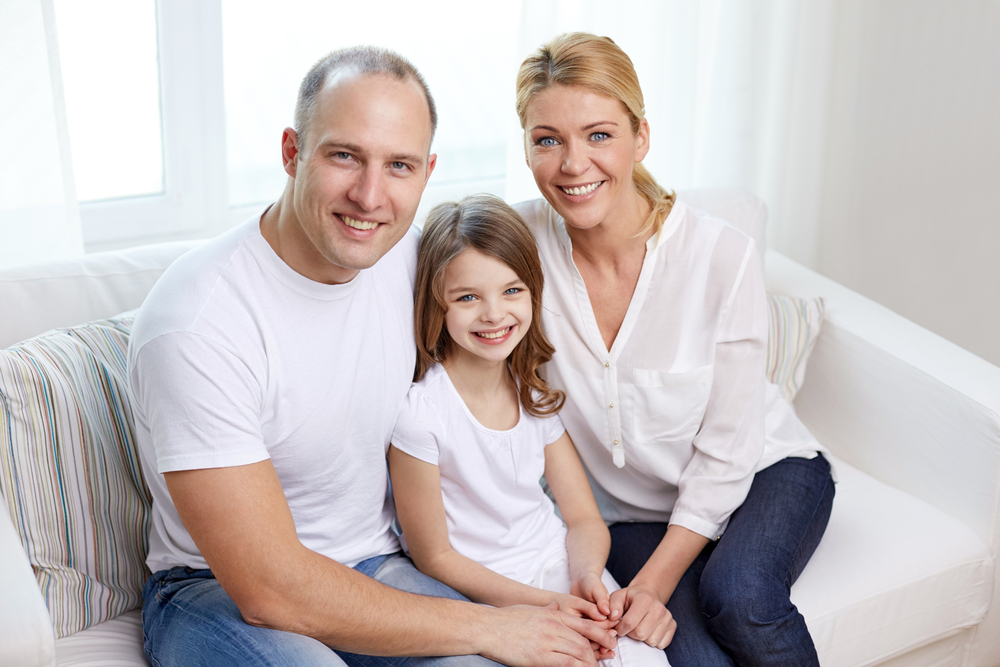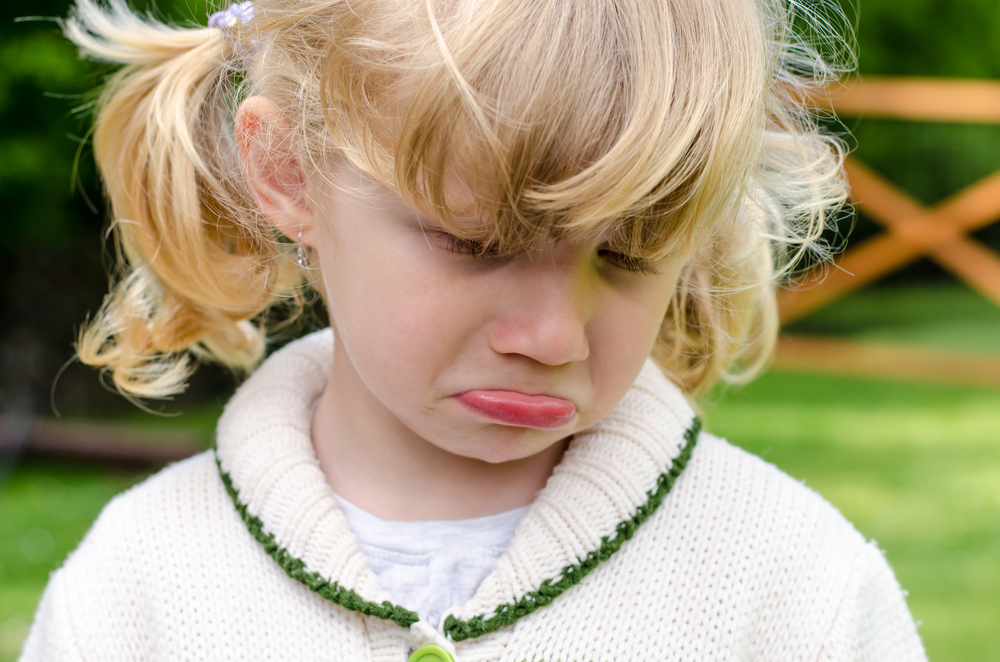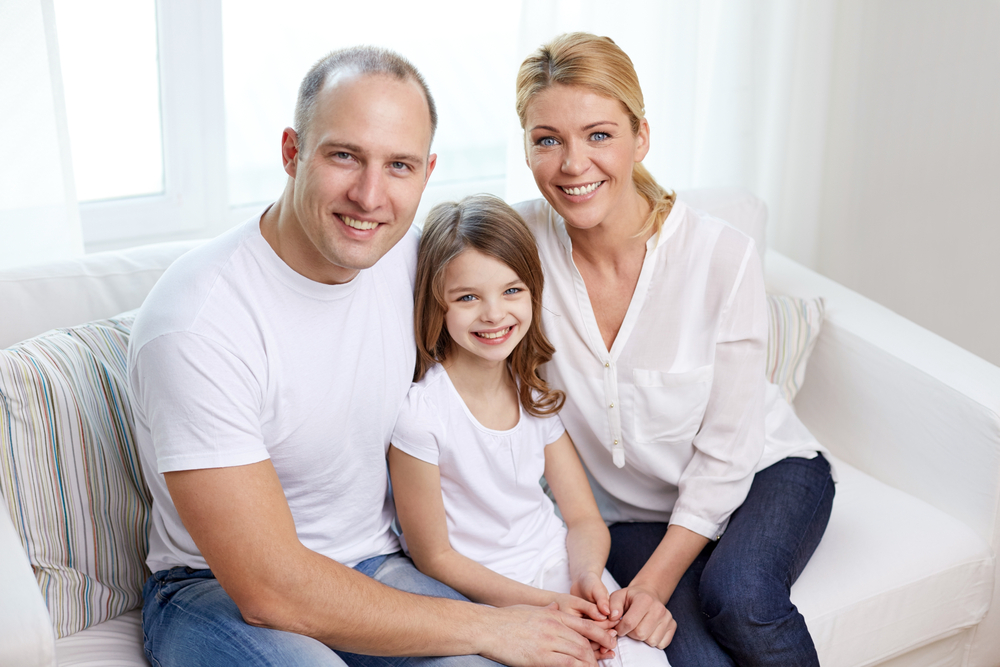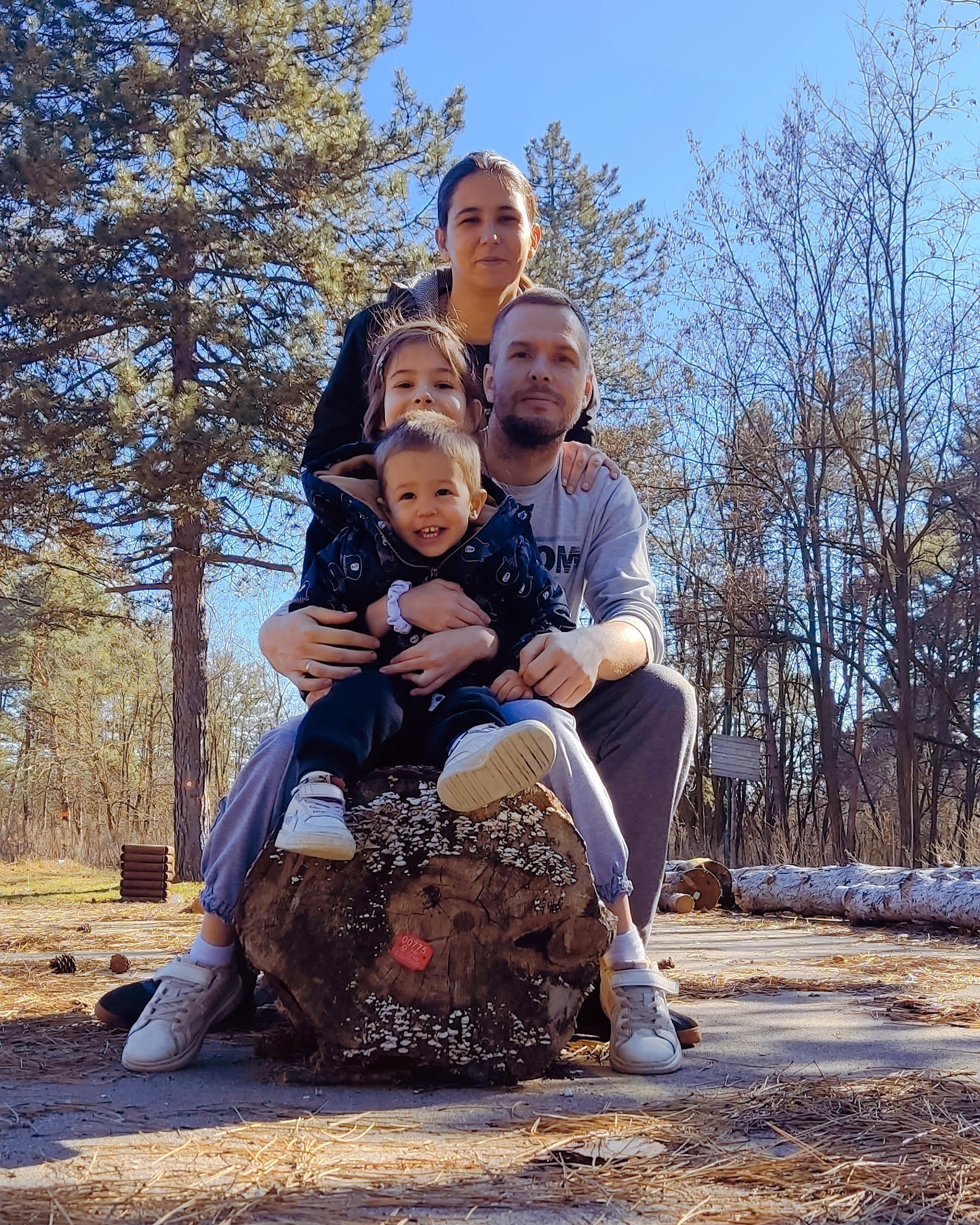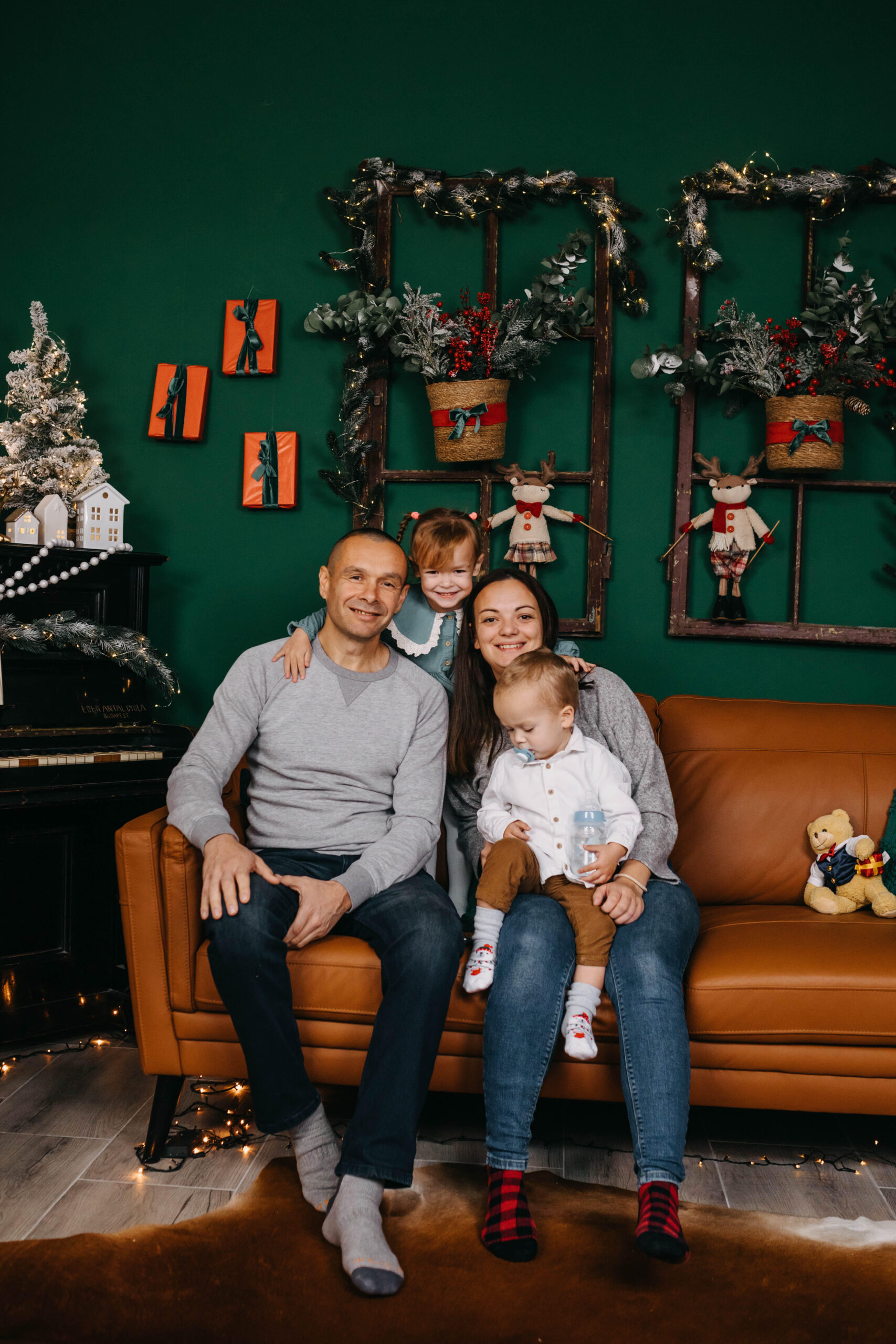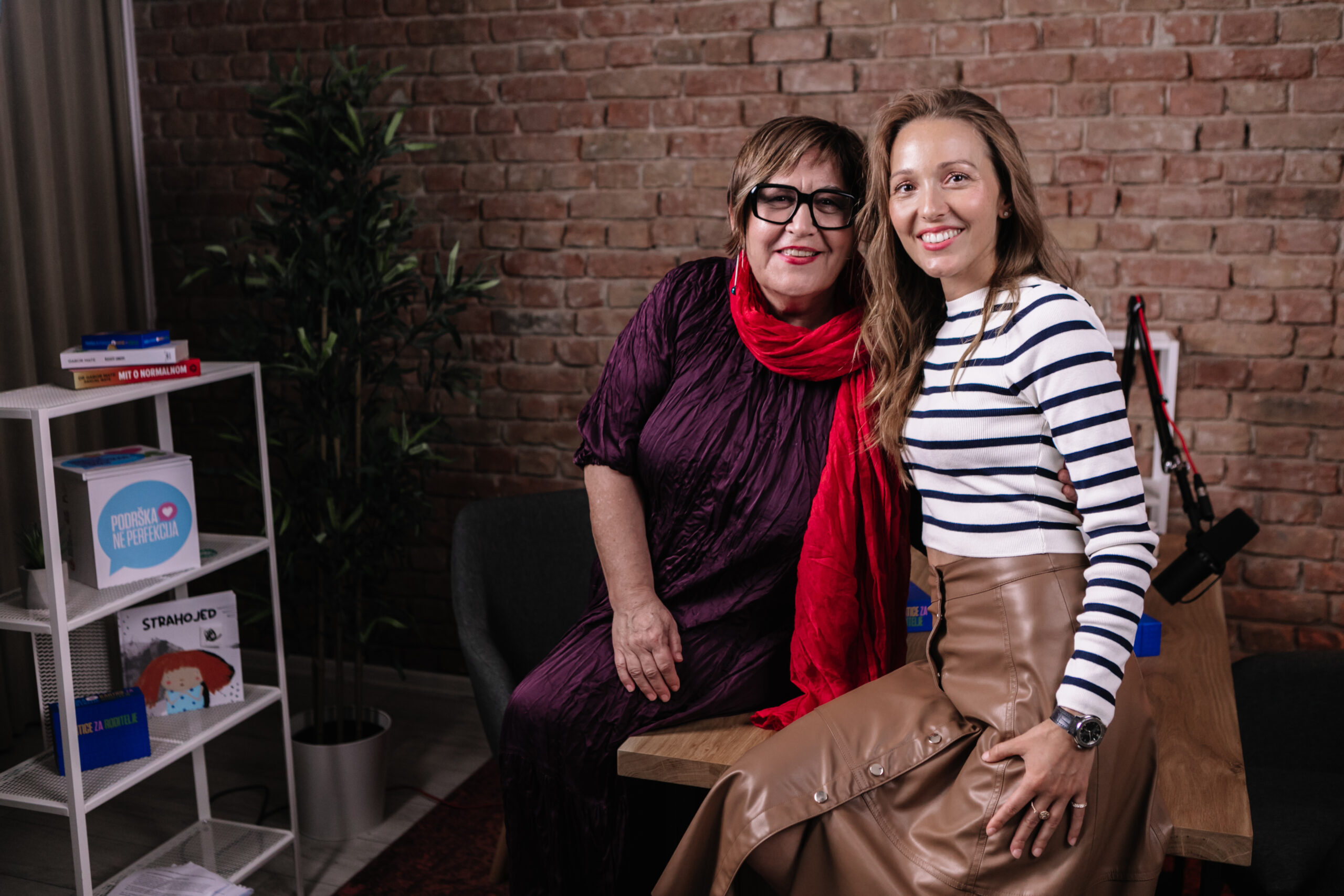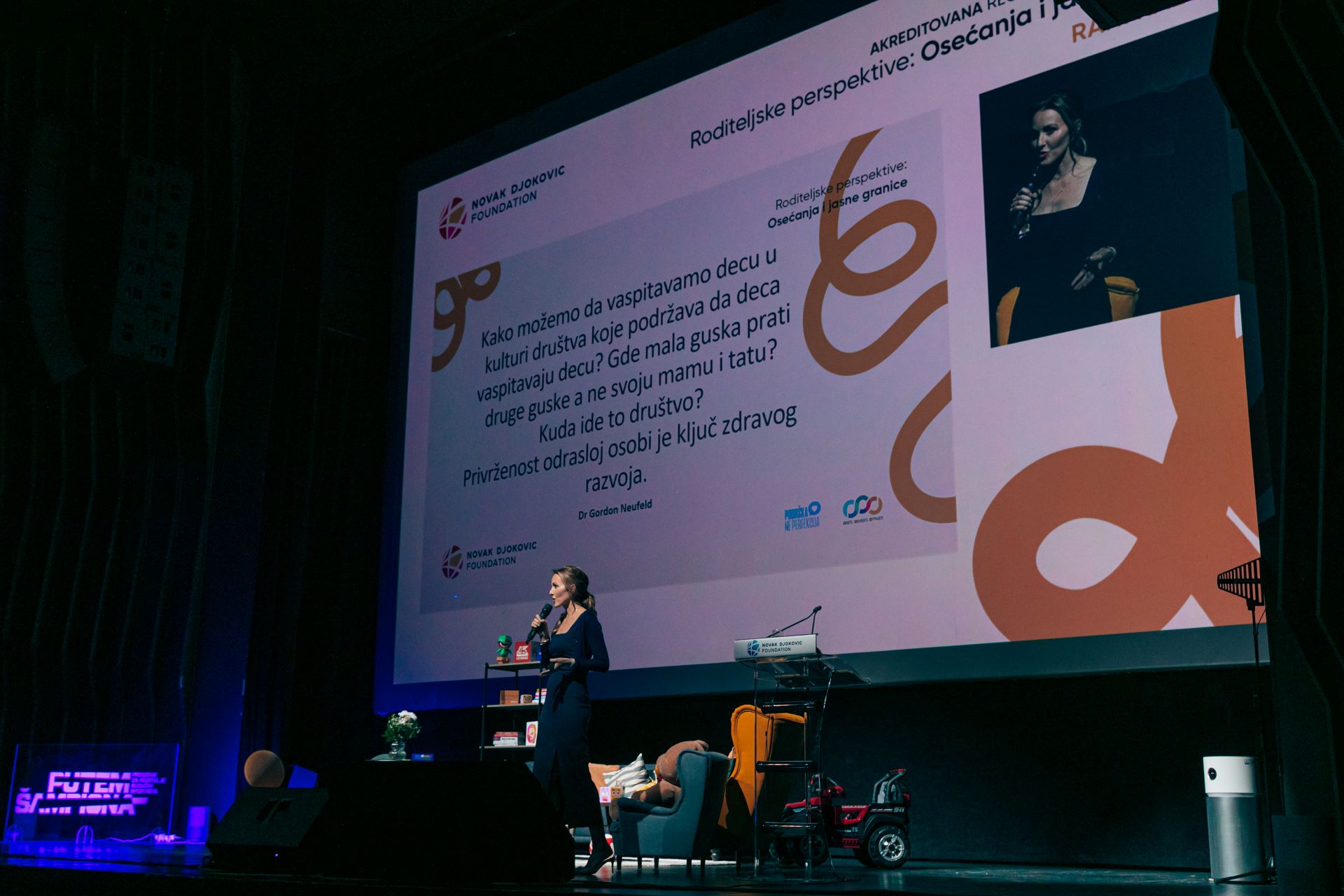There is an ever-growing trend of governments across the world trying to criminalise basic parenting decisions. Should we see this trend as a problem of the modern society?
I must have been five years old when I was first called down to the principal’s office. Although my memory of the event is somewhat hazy, I distinctly remember my parents being there upon my arrival. After witnessing the solemn expression on my father’s face, my vicarious fantasy that the principal would be privately giving me, „the best student ever award,“ instantly disappeared. Instead, the principal had called for a meeting to address my behavioral problems in the classroom. I cannot recall what exactly I was being reprimanded for, but I do remember my mother asking the principal for advice on how they can help amend my behavior. The principal smiled and said, „spare the rod, spoil the child.“
Luckily for me, my parents did not heed to the principal’s advice. However, many other kids are not so fortunate. A study led by Columbia University Professor Dr. Michael MacKenzie found that 15% of parents reported spanking their one-year-old children. This statistic rises to 40% for 18-months-old and nearly 50% for children of 20 months of age. When it comes to children of four years of age, 94% of them have been spanked at least once over the past year. Although corporal punishment has been correlated with many long-term negative effects including aggression and adolescent depression, there is no definitive proof that these effects were a direct result of spanking. Hence, spanking children is legal in the United States and the majority of the world.
However, as the world is becoming increasingly more liberal, there has been a call for reform. With campaigns to criminalize corporal punishment, the infamous phrase from Samuel Butler’s poem is now being recited as, „spare the rod, save the child.„Although I believe that allowing the government to criminalize spanking would be beneficial to children, others assert that such a decision would be a gateway for the government to criminalize many other parenting decisions. While the intentions of these new policies are noble, many still believe that the government should not have the liberty to intervene in parenting. Nevertheless, the house rules that were once established by parents may soon be superseded by law.
In the United States, one parenting decision that is currently being criminalized is smoking in the presence of minors. As the adverse effects of second-hand smoking are well known, New Jersey Assemblyman Charles Mainor has co-sponsored a bill that would make smoking with anyone under the age of 17 in your car a ticketable offence. Mainor has asserted that the goal of this bill is to protect children. While this bill has received much support, many wonder where to draw the line to decide which parenting decisions should be criminalized and which should be permitted.
Nutrition experts have shown that soda and junk food consumption by young children is linked to obesity. Should giving children soda under the age of five be illegal? Pediatricians advise that watching television before the age of two is detrimental for a child’s growing mind. Should parents be reprimanded if they allow their infant to watch an occasional episode of Sesame Street? Some activists even believe that parents should not be allowed to homeschool their children citing that homeschooling is often analogous to educational neglect. Opinions are bound to vary on which parenting decisions should be deemed illegal.
In 2008, author Lenore Skenzy began the Free-Range Kids movement which she describes as a commonsense approach to parenting in these overprotective times. In her book, Free-Range Kids: Giving Our Children the Freedom We Had Without Going Nuts with Worry, she discusses how she let her 9-year-old son ride the New York subway unaccompanied. She argues that there is a prevalent ideology that children are always in danger and chronicles various situations in which the government has stepped-in even though the children were not in any real danger. Skenzy’s movement has garnered much support and even been cited by parents facing investigations by Child Protective Services (CPS). Although Skenzy makes it clear that free-range parenting is not neglectful parenting, the media has dubbed her as „America’s Worst Mom.“
After the meeting with my principal, my parents had a talk with me. As opposed to scolding or spanking, my parents always believed that the best manner of parenting was to help me understand what I had done wrong. At the end of every such discussion, my parents would tell me that the greatest kings never make the same mistake twice.
All my life I have tried to address my weaknesses. I used to think it was because my parents helped me identify what my mistakes were, but in retrospect I believe that it was because I knew that there were two people in the world that believed that I too could someday be a king“¦
„¦and I didn’t want to let them down.
[divider]
There is an ever-growing trend of governments stepping in and criminalising basic parenting decisions. Should we view this trend as a problem of the modern society? What do you think?
Please comment in the section below. We’d love to read your experiences and views on this matter.

